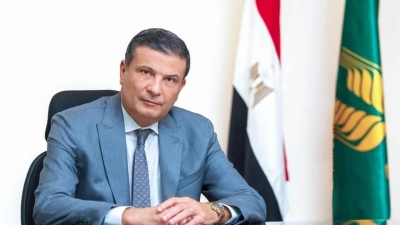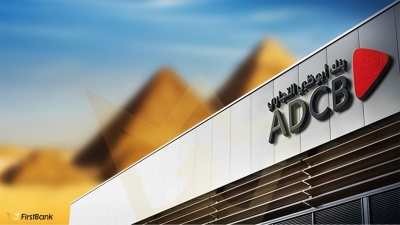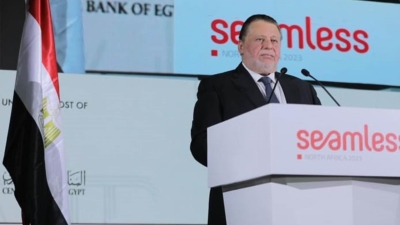Egypt's Green Hydrogen Revolution: $83 Bn Investment and Carbon-Neutral Ambitions
Wegdan Mohamed

The Egyptian government has continued its efforts to deepen green hydrogen projects in the country. One of the recent key steps was the announcement in the official newspaper of the establishment of the National Council for Green Hydrogen and its derivatives by Dr. Mostafa Madbouly, the Prime Minister.
The council aims to unify the state's efforts to promote investment in green hydrogen and its derivatives, aligning with sustainable development requirements and the country's economic and social development plans, ensuring its competitiveness internationally and regionally.
The council has various responsibilities, including monitoring the implementation of the national green hydrogen strategy, proposing updates in light of global and national developments, formulating policies, plans, and mechanisms to implement and update the strategy, reviewing regulations and rules governing the green hydrogen and its derivatives sector, and suggesting updates.
The council meets at least every three months or as needed, with decisions made by a majority vote of the present members. In case of a tie, the side favored by the president prevails. The council can invite experts from the private sector and specialists in relevant matters to its meetings without granting them voting rights.
The Egyptian government's efforts in this field have resulted in the signing of over 20 MOU with leading companies in the green hydrogen development sector, with approximately $83 bn in investments. One notable agreement was signed with Ilia Grid to provide consultancy services in the electricity, new, and renewable energy sector, including services related to the unified network's capacity to accommodate renewable energy generated from green hydrogen projects.
Egypt has also granted golden investment licenses for four new projects in green hydrogen and wind energy in recent days, according to statements from the CEO of the General Authority for Investment and Free Zones, Hossam Heiba.
Furthermore, the Cabinet approved a project law in May last year concerning incentives for green hydrogen and its derivatives projects. The law includes an investment cash incentive ranging from 33% to 55% of the income tax paid directly from the activity.
The Egyptian government expects total foreign direct investments in green hydrogen projects to reach approximately $81.6 bn by 2035. Egypt aims to expand these projects, incorporating them into its Energy Strategy 2035, as part of its plans to transition to carbon neutrality and reduce emissions from the energy sector.
It's worth noting that Egypt possesses a high capacity for green hydrogen production at the world's lowest cost. Production costs are expected to decrease to $1.7 per kilogram by 2050, compared to $2.7 per kilogram in 2025. This strategy is also expected to contribute to reducing Egypt's imports of petroleum products and decreasing carbon emissions, as stated by the government.













